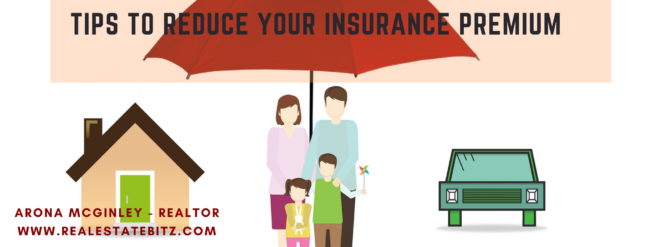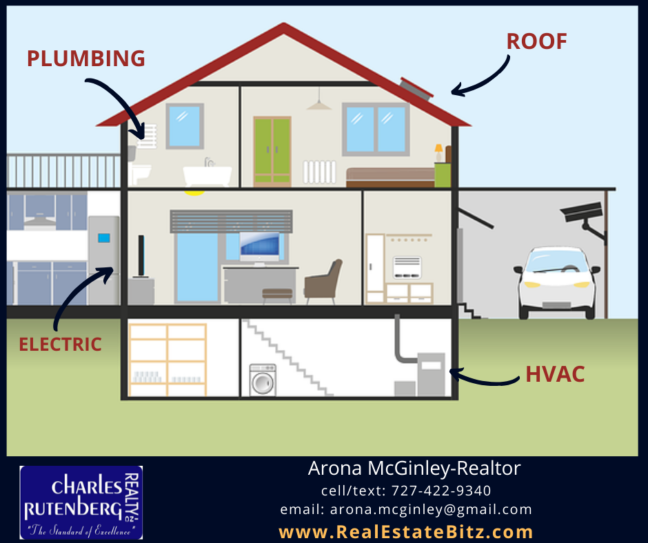
Individuals or entities that buy a home using cash are typically those who have the financial means to make the purchase without needing a mortgage or any other form of financing. Here are a few examples of who might buy a home using cash:
- High Net Worth Individuals: Wealthy individuals or families with substantial financial resources might choose to buy a home with cash to avoid the hassle of a mortgage application process and to secure the property quickly.
- Real Estate Investors: Experienced real estate investors often use cash to buy properties, as it can provide them with negotiating power, the ability to close deals quickly, and potentially better investment opportunities.
- Foreign Buyers: International buyers who are not eligible for local mortgages might use cash to purchase property in a different country.
- Retirees: Individuals who have saved up a significant amount for retirement might choose to purchase a home using cash to eliminate monthly mortgage payments and reduce financial obligations in their retirement years.
- Inheritance: Some individuals might inherit a property and decide to buy out other beneficiaries using cash.
- Sellers Downsizing: People who are selling their larger homes and downsizing might use the proceeds from the sale of their previous homes to purchase a smaller property outright.
- Trusts or Estates: Properties owned by trusts or estates might be purchased with available funds rather than going through the process of obtaining a mortgage.
- Company or Corporate Purchases: Businesses looking to provide housing for their employees, establish a corporate retreat, or for other purposes, might purchase homes using company funds.
Buying a home with cash has many advantages, such as avoiding interest payments and streamlining the buying process. However, it also ties up a significant amount of capital in the property, which could be used for other investments.








